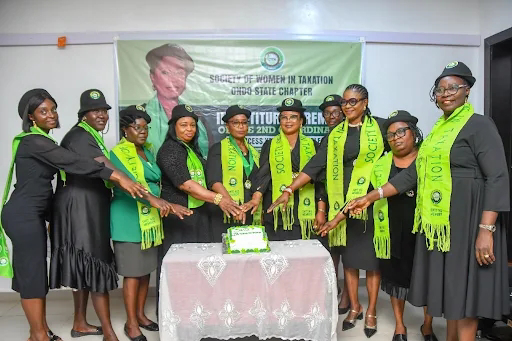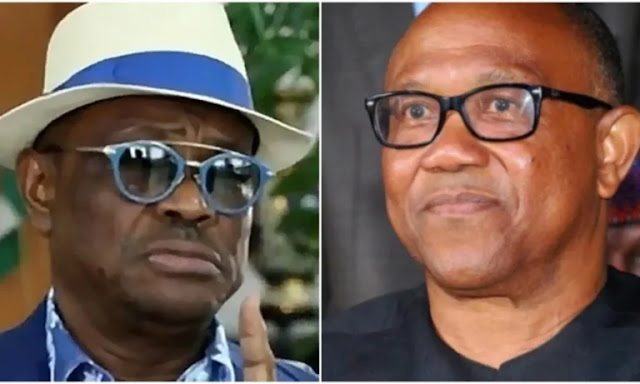The Supreme Court has thrown out the appeal filed by Peoples Democratic Party (PDP) candidate, Asuerinme Ighodalo, confirming Monday Okpebholo of the All Progressives Congress (APC) as the duly elected Governor of Edo State.
In a unanimous ruling delivered on Thursday, a five-member panel led by Justice Mohammed Garba held that the case presented by the PDP lacked convincing evidence and failed to meet the legal standard required to overturn an election result.
The court agreed with earlier decisions by both the tribunal and the Court of Appeal, which had also upheld Okpebholo’s win in the September 21, 2024, governorship election.
The apex court held that the appellant was unable to provide substantial proof to back his allegations of irregularities, such as over-voting and violations of the Electoral Act.
The justices pointed out that critical pieces of evidence were not adequately supported with live testimony and that some of the documents, including BVAS records, were simply submitted without properly linking them to the issues raised.
Justice Garba, reading the lead judgment, emphasized that the PDP failed to call essential witnesses, such as polling unit agents or election officials, to support its claims.
He noted that submitting documents without demonstrating their relevance in court amounted to dumping evidence, which is not enough under the law.
The panel concluded that Ighodalo and the PDP did not discharge the burden of proof imposed by law, and therefore, there was no justification to disturb the concurrent findings of the lower courts.
Ighodalo had asked the Supreme Court to nullify the Court of Appeal’s ruling delivered on May 29, which upheld the tribunal’s verdict confirming Okpebholo’s election.
He argued that the election was marred by widespread irregularities and lacked compliance with legal procedures.
While the PDP insisted that their candidate had won the highest number of lawful votes and should be declared the winner, the Independent National Electoral Commission (INEC), the APC, and Governor Okpebholo all urged the court to dismiss the appeal.
The Supreme Court had reserved its final judgment on the matter after hearing arguments on July 2.
Earlier, the Edo State Governorship Election Petition Tribunal, chaired by Justice Wilfred Kpochi, had struck out several petitions challenging Okpebholo’s victory, including cases filed by the PDP, the Action Alliance (AA), and the Accord Party.
The court found that all the petitioners failed to support their allegations with solid evidence.u
INEC had declared Okpebholo the winner of the election with 291,667 votes, defeating Ighodalo, who scored 247,655 votes.
Following the result, the PDP filed a petition challenging the outcome, citing issues such as wrong result computation in 765 polling units and failure by INEC to properly serialize sensitive materials.
The petitioners also alleged that the BVAS machines revealed over-voting and inconsistencies. They presented 19 witnesses and submitted 153 BVAS devices from 133 polling units.
However, the tribunal dismissed these claims, stating that most of the evidence lacked credibility and that the witnesses failed to demonstrate the exhibits properly in court.
In its ruling, the tribunal said the PDP’s case was largely based on hearsay and failed to bring forward credible witnesses such as presiding officers or party agents who could attest to the claims.
It also rejected the argument that INEC breached legal procedures by not pre-recording electoral materials, saying the petitioners could not prove how this affected the integrity of the election.
With this final judgment from the Supreme Court, Governor Okpebholo’s election stands confirmed and uncontested.







